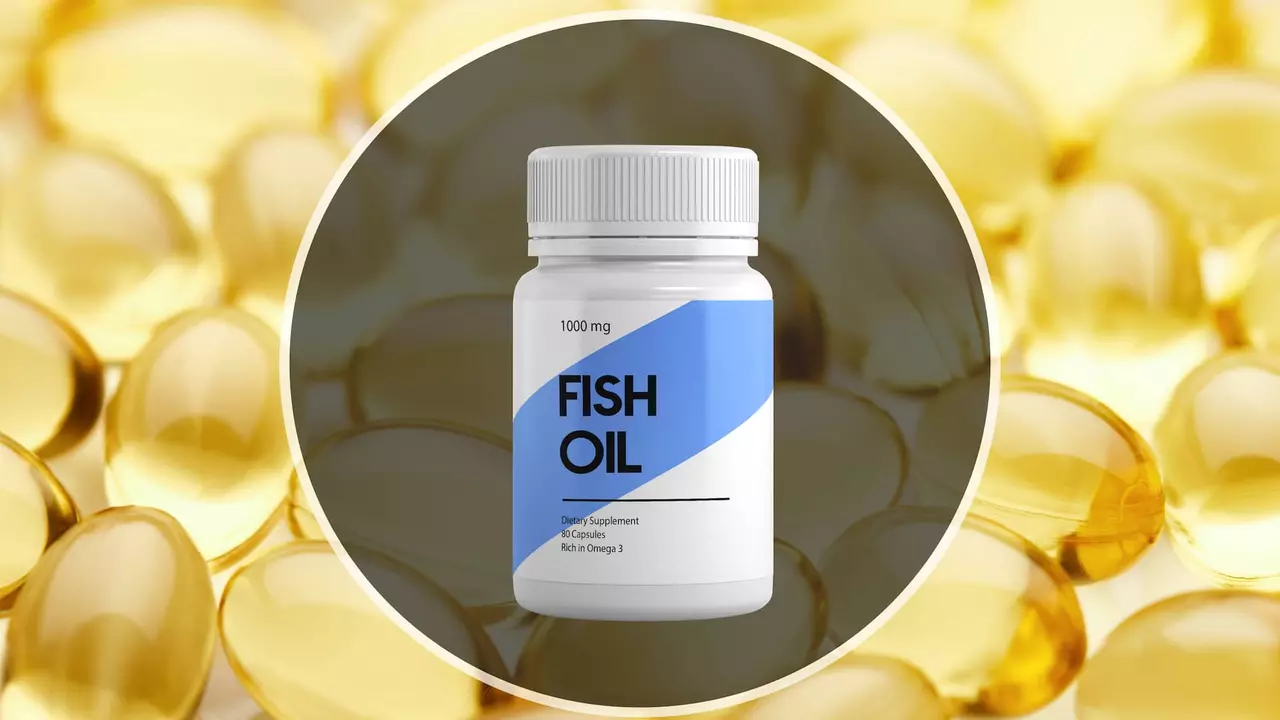Glycomacropeptide: What It Is and Why You Might Want It
If you’ve been scrolling through protein powders, you may have seen the term glycomacropeptide (GMP). It’s a short name for a protein fragment that comes from whey during cheese making. Unlike most whey proteins, GMP is low in phenylalanine, which makes it a go‑to option for people with phenylketonuria (PKU). But even if you don’t have PKU, GMP can still be useful because it’s easy on the gut and helps keep you full.
Key Benefits of Glycomacropeptide
First off, GMP is a slow‑digesting protein. That means your body releases amino acids gradually, which can help maintain muscle tone without spikes in blood sugar. Second, it’s rich in bioactive peptides that support gut health – they act like prebiotics and may improve the balance of good bacteria.
Third, because GMP is almost phenylalanine‑free, it’s safe for PKU patients who need to limit this amino acid. Many dietitians recommend GMP as a protein source for them. Finally, some studies suggest that GMP can aid weight management by increasing satiety, so you feel satisfied longer after meals.
How to Use Glycomacropeptide in Your Routine
You can find GMP as a powder, often mixed with other whey proteins or on its own. A typical serving is about 20‑30 g, which provides roughly 80‑120 calories and a solid dose of essential amino acids.
Mix it into smoothies, oatmeal, or even coffee if you like a protein boost in the morning. Because GMP dissolves well, there’s no need for lengthy shaking – a quick stir does the trick. If you’re using it after a workout, combine it with carbs (like fruit) to help replenish glycogen stores.
Start with half a scoop if you’re new and see how your stomach reacts. Most people tolerate GMP without issues, but a small percentage may notice mild bloating – that’s usually a sign to reduce the dose or spread intake across meals.
For PKU patients, follow the dosage your doctor recommends. Typically, 15‑25 g per day fits well into a low‑phenylalanine meal plan while still delivering enough protein for daily needs.
Remember, GMP isn’t a magic bullet. Pair it with a balanced diet, regular exercise, and adequate hydration to get the best results.
Safety Tips and Common Questions
Is GMP safe? Yes, for most adults it’s considered safe when taken at recommended doses. Pregnant or nursing women should check with a healthcare professional before adding any new supplement.
Can I use GMP if I’m lactose intolerant? GMP contains very little lactose because the majority is removed during processing, so many people with mild intolerance tolerate it well.
What’s the difference between GMP and regular whey protein? Regular whey (like concentrate or isolate) has a full amino‑acid profile including phenylalanine. GMP skips most of that, making it gentler on the gut and suitable for PKU.
How often should I take it? Once or twice daily works for most folks – once post‑workout and once as a snack or meal addition.
If you notice persistent stomach upset, cut back or try a different brand. Quality matters; look for products that list GMP as the primary ingredient and have third‑party testing.
Bottom line: glycomacropeptide is a versatile protein source that supports muscle health, gut balance, and satiety while being safe for those who need to limit phenylalanine. Give it a try in your next shake and see how it fits your lifestyle.
- Archer Pennington
- 11
Experience the Life-Changing Effects of Glycomacropeptide: The Dietary Supplement That's Taking the World by Storm
After incorporating Glycomacropeptide into my daily routine, I've experienced firsthand its transformative effects on my health. This dietary supplement is currently making waves worldwide due to its numerous benefits. It's been a game-changer for my digestion, immune system, and overall well-being. If you're on a quest for good health, this might just be the secret ingredient you've been missing. I can't recommend it enough - Glycomacropeptide is truly a revolution in the world of dietary supplements.
Read more
